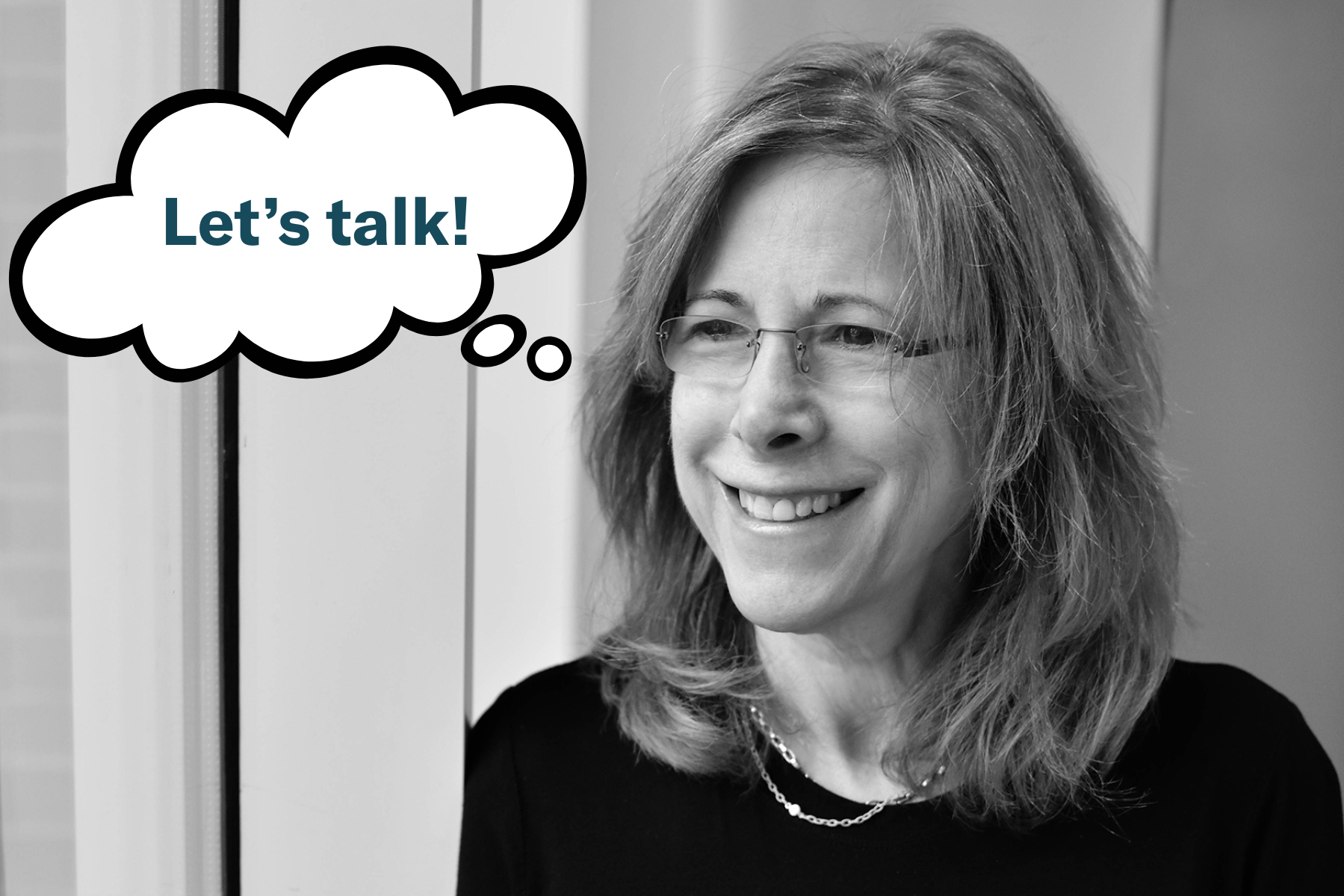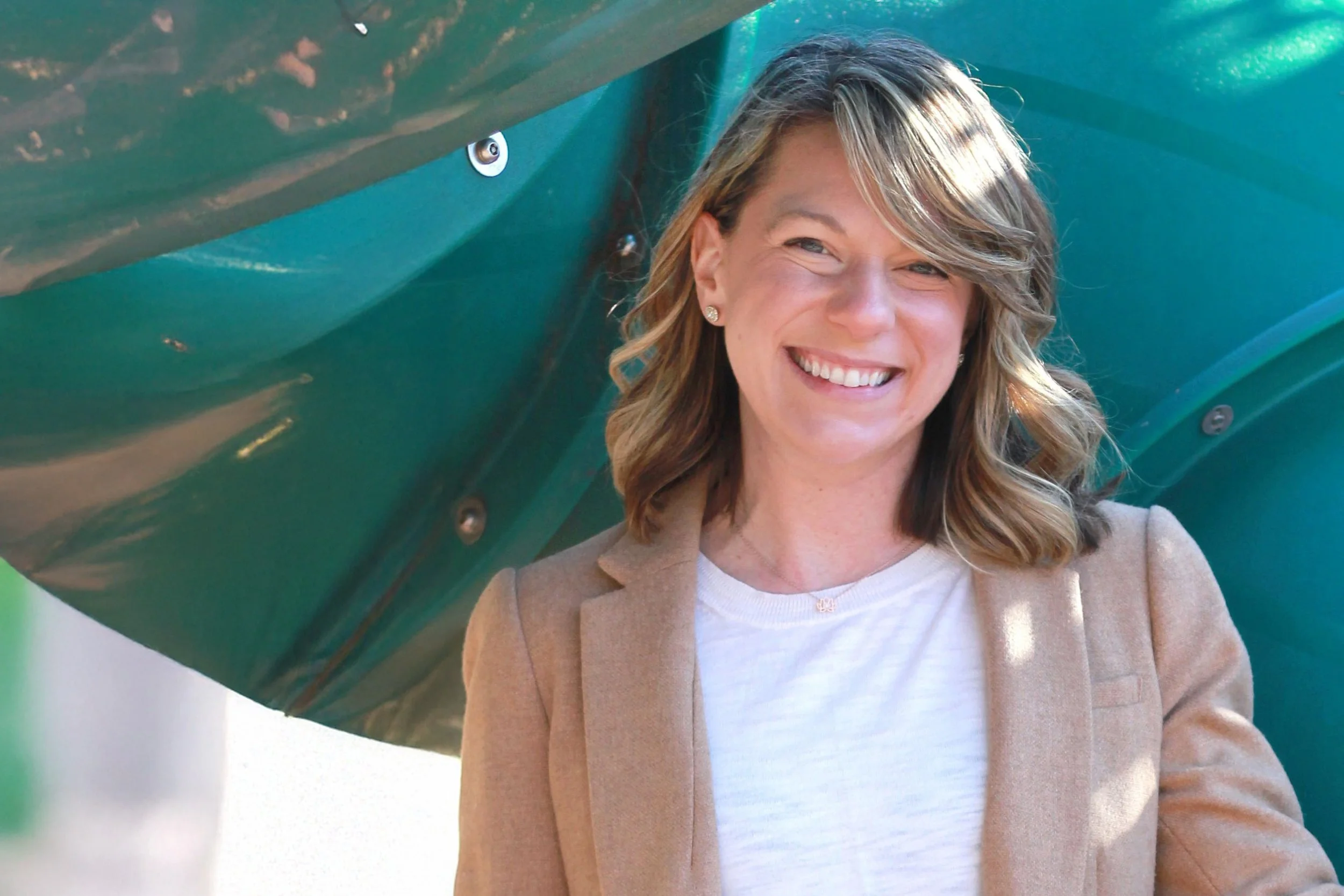Cheryl Kiser on connecting and creating through conversation
Throughout her career as a community organizer, college professor, author, coach and founding executive director of Babson College’s Institute for Social Innovation, Cheryl Kiser has been creating economic and social value and teaching others to do the same. Her superpower is creating relationships through the power of conversation. She listens to people, draws out their stories, shares her own, and makes connections. Her 2014 book, Creating Social Value: A Guide for Leaders and Changemakers, is still essential reading for nonprofit leaders, entrepreneurs, business students, and anyone who wants to effect positive, generative change.
We love Babson’s methodology for Entrepreneurial Thought and Action. Can you explain it, and does it apply in both the nonprofit and for-profit realms?
Entrepreneurial Thought and Action is Babson’s unique methodology of teaching folks how to create what they want, change things that are not working, and identify opportunities with an orientation for action. It is what we teach anyone, no matter who they are or what sector they are in. It’s a process for creating. You start with your means at hand: who you are, what you know, who you know, and what you have. After that, your next action is to enroll others in your idea.
After enrolling others, you assess your affordable loss—meaning what you are willing to pay to play in order to take your next action? Then, you take a small action, and you keep checking back in to see if you’re on the right track, and if you’re having the impact you want to have. It is an Act, Learn, Build process for creating what you want. Small actions, experimentation, active learning by doing, and finally reflection.
Why is developing interpersonal relationships so important for achieving business goals, and how can people improve their skills?
My whole life has been about relationships. My background is in social policy and community organizing. The only way you get things done is to work with and through others. I always start by understanding what calls people to do what they do because when I understand what drives someone’s energy and actions, I can more deeply connect to what they care about. And then there is a greater possibility for co-creating better outcomes.
The world today is so transactional though, isn’t it?
Yes! Many young people that I have worked with over time are primarily transacting and not authentically relating. Their feedback loop consists of likes, loves, and dislikes. Here’s an example: Recently, a young person sent me a long email and at the end, they asked me to make an introduction to a really significant person in my world of connections. I said, If you really want me to do something for you, let's start again. Make an appointment and let's have a conversation. So the person came to my office and I said, “So tell me, Why do you want to do a food business? Tell me why you love food. What does food mean to you?”
Then, I coached them on the questions they should ask me in order to be in a relationship with me. Once we did that, I connected to their desire and loved what they were doing. I said, “See, now that I better understand you and what you want, there’s not just one person I can connect you to, but five others.” So the aperture opened up because we were beginning a more meaningful relationship for possibilities and action.
I love when people are curious, because it allows for expanded opportunities and connection. Most importantly opportunities and resources aren't left on the table. In a world that is so transactional, when you show up in a relational way, you're memorable. And even if someone can’t help you now, they might be able to help you later.
Other than being relational, and listening and being curious, what skills do nonprofit leaders need most today?
There are exceptions of course, but I have witnessed a mindset of scarcity rather than abundance in many nonprofit leaders, particularly today. Consequently the default is to rely on an administrative approach to dealing with uncertainty. So I try to shift their mindset from scarcity to abundance, from transactions to relationships, from an administrative/predictive approach to an entrepreneurial one. Why? Because in a world that is defined more by uncertainty and oftentimes unknowability, the only way forward is to approach a situation with an entrepreneurial mindset. So understanding the practices of an entrepreneurial leader is essential today more than ever.
Speaking of scarcity, times are tough for many nonprofits right now. What would you do if you were in their shoes?
Number one, I would be disciplined about mapping my environment to see who else is doing what I’m doing, and what's unique about the value that I provide. I would then see if there’s anybody that I really want to partner with, because together we can create greater impact. By creating strategic, values-based partnerships and relationships my mission can reach its greatest potential. I always start with what do they care about, what do I care about, and where is the intersection? And I don't think we do enough of that in the nonprofit sector because that mindset of scarcity makes us think we’re competing instead of working together to solve a complex social problem.
Can you boil down your decades of experience to a few last nuggets of wisdom we all need to hear?
Sure. The most important thing, especially in these times, is to know who you are. Know what calls you to do what you do. Look at the greatest amount of impact you can make each day with who you are, what you know, who you know, and what you have. Once you do that, you'll start attracting people to the things you care about. There's no magic. It's all about being disciplined and strategic, and grounded in your values. Also, like the flywheel in Jim Collins’s book, Good to Great, identify the smallest thing that can build momentum for the greatest thing. Finally, notice what is obvious and not obvious, be curious, and create and connect to relationships that bring you joy!



